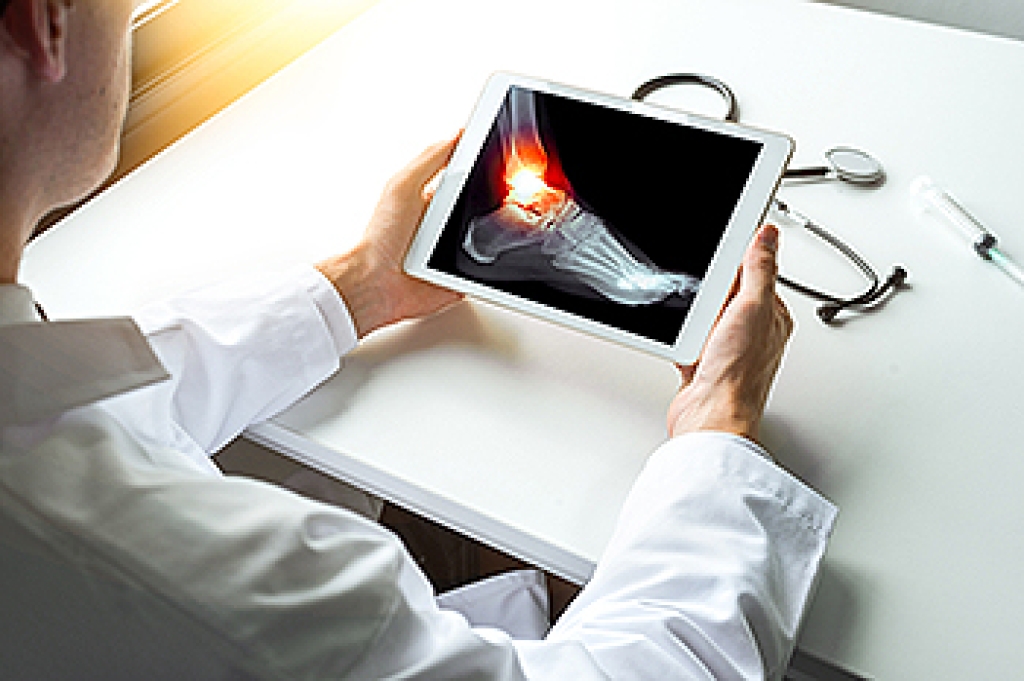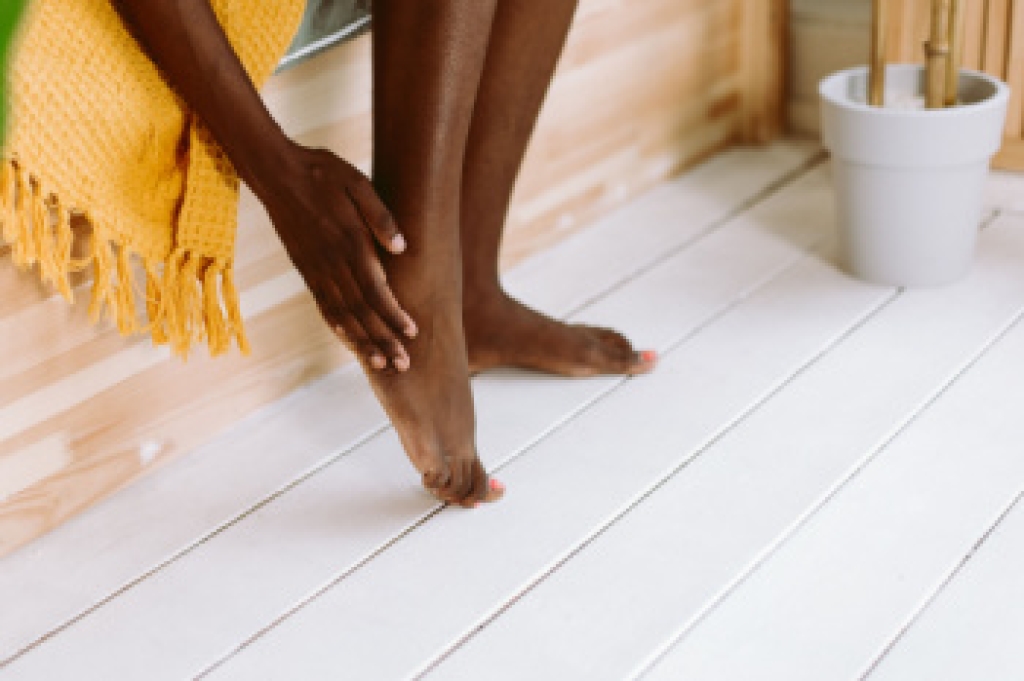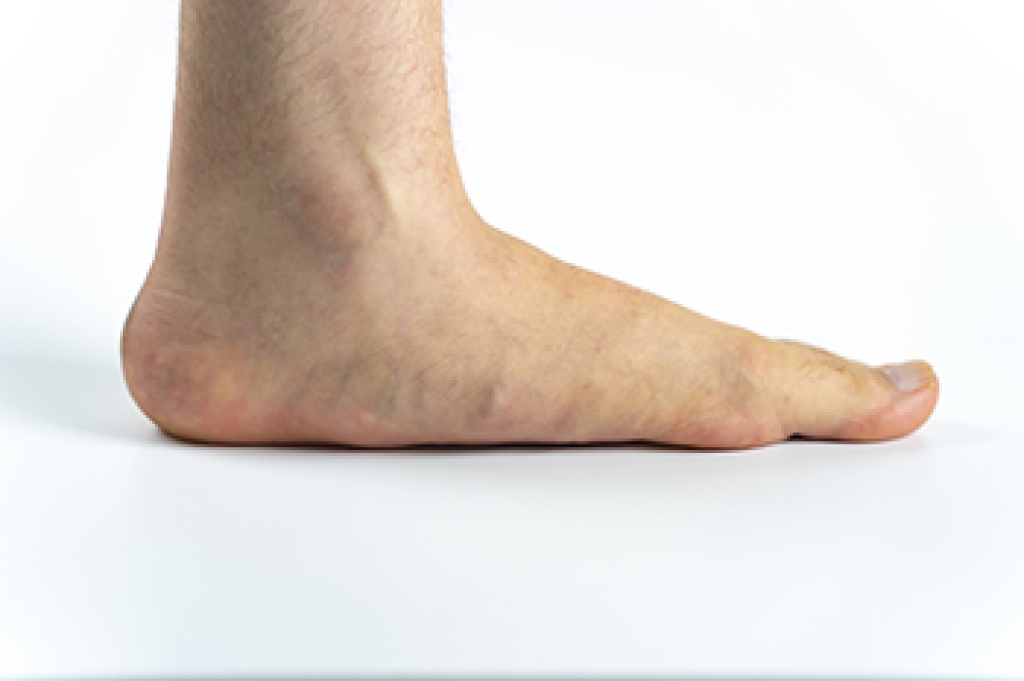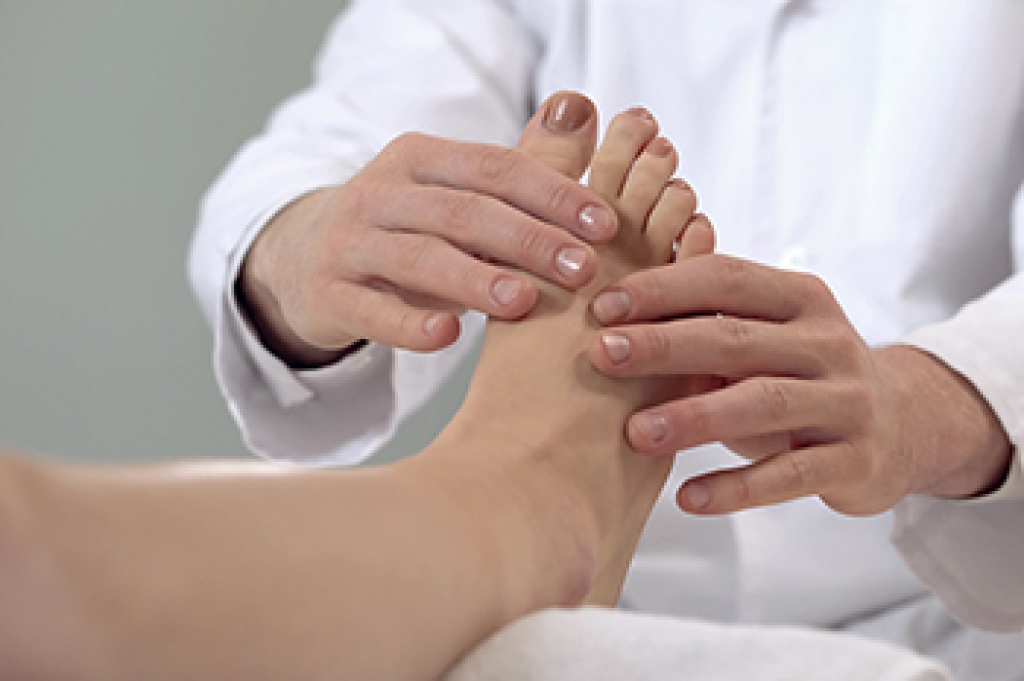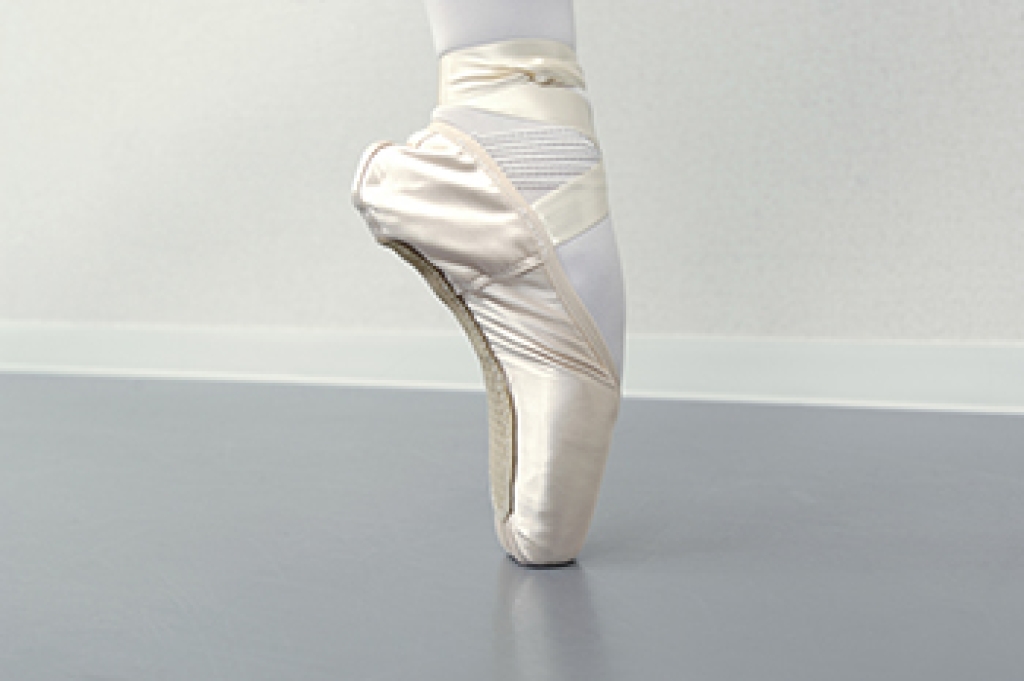
The bones of the foot work together in a complex biomechanical system that provides balance, flexibility, and strength during dancing. The hindfoot offers stability, the midfoot supports the arch, and the forefoot absorbs force and propels movement. Proper biomechanics allow smooth transitions, controlled landings, and powerful push off during jumps and turns. A strong forefoot is essential to distribute pressure evenly and reduce strain on ligaments and tendons, helping to prevent stress fractures, tendon injuries, and chronic pain. Weakness or poor alignment can increase the risk of overuse injuries. A podiatrist can assess foot structure, evaluate technique-related stress, and recommend strengthening exercises or orthotics. If you have injured your foot while dancing, it is suggested that you consult a podiatrist who can accurately diagnose and treat foot and ankle conditions.
If you have any concerns about your feet, contact one of our doctors from Favor Foot Ankle Leg & Wound Center. Our doctors can provide the care you need to keep you pain-free and on your feet.
Biomechanics in Podiatry
Podiatric biomechanics is a particular sector of specialty podiatry with licensed practitioners who are trained to diagnose and treat conditions affecting the foot, ankle and lower leg. Biomechanics deals with the forces that act against the body, causing an interference with the biological structures. It focuses on the movement of the ankle, the foot and the forces that interact with them.
A History of Biomechanics
- Biomechanics dates back to the BC era in Egypt where evidence of professional foot care has been recorded.
- In 1974, biomechanics gained a higher profile from the studies of Merton Root, who claimed that by changing or controlling the forces between the ankle and the foot, corrections or conditions could be implemented to gain strength and coordination in the area.
Modern technological improvements are based on past theories and therapeutic processes that provide a better understanding of podiatric concepts for biomechanics. Computers can provide accurate information about the forces and patterns of the feet and lower legs.
Understanding biomechanics of the feet can help improve and eliminate pain, stopping further stress to the foot.
If you have any questions please feel free to contact our office located in South Amboy, NJ . We offer the newest diagnostic and treatment technologies for all your foot and ankle needs.
